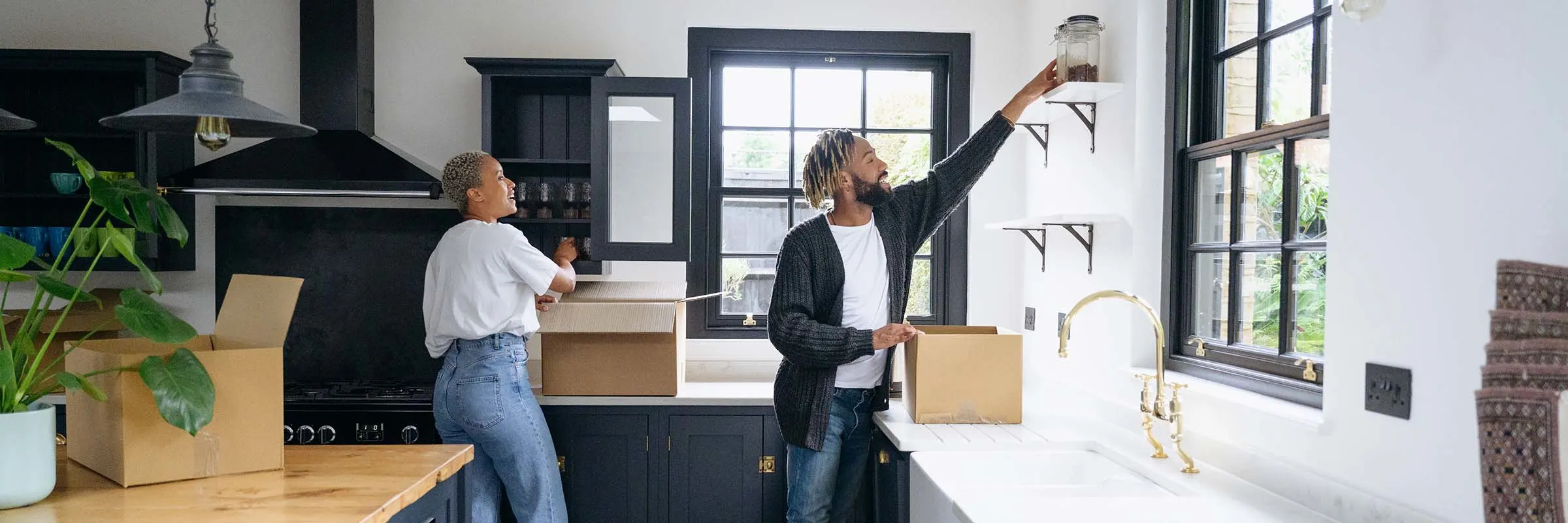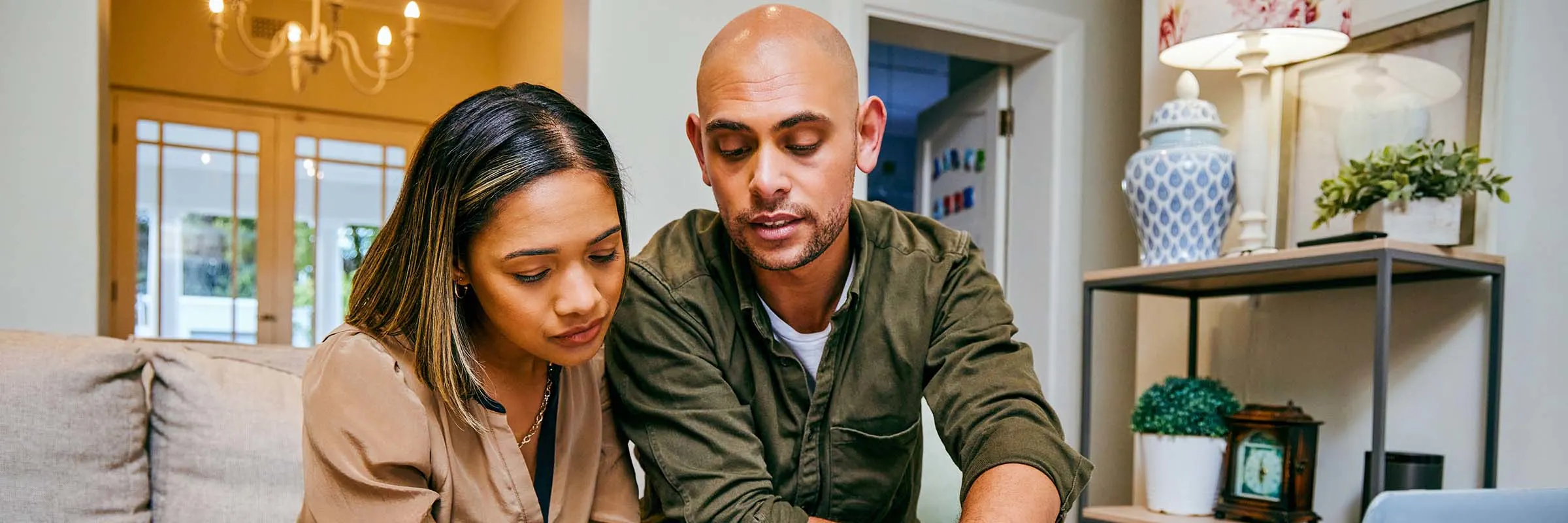When you’re ready to take the plunge into homeownership, you must ask yourself one important question: How much house can I afford? The true cost of homeownership is more than just the down payment and monthly mortgage payments, so be sure to consider all these factors.
Learn more: Ally Bank’s Savings Account has tools to help you save for a down payment
How to calculate home affordability
Your monthly expenses compared to your monthly income, your credit score and home location will all factor into the equation.
How to calculate annual income
To find your total income, add up all the money you have coming in throughout the year, including:
Income from employment (wages, salaries and tips)
Trust income
Interest from CDs and savings accounts
Investment dividends
Social Security and other benefits
Any funds taken from a retirement fund or pension
What is the 28/36 rule and how does it work?
The 28/36 rule stipulates you should spend no more than 28% of your gross monthly income on your monthly home-related costs. The rule also suggests spending no more than 36% on your monthly total debt payments, including your mortgage, credit cards and other loans, like auto and student loans.
Read more: How to use spending and savings buckets to pay off debt
How does my debt-to-income ratio affect affordability?
In general, a lower debt-to-income ratio (DTI) is better for securing a home loan. To find your DTI, take the total amount of your monthly mortgage plus any other monthly debt payments (credit cards, student loans, medical debt), and divide by your monthly gross income. The resulting percentage represents your monthly income that goes toward debt.
Most lenders prefer a DTI of 36% or below, though some will accept a DTI under 50%. You can use the calculator below to get an idea of your DTI.
How much down payment do I need for a house?
The amount you need to put down depends on your home’s purchase price and your loan type. Down payments typically range from as little as 3% up to 20%. If you can afford it, a larger down payment can reduce the amount you spend in the long run by lowering the amount you pay in interest over the life of the loan.
Read more: How to calculate and source your mortgage down payment
How much house do I need?
Be sure to think through this basic but important question. Consider how long you plan to live in the house, how many people need to be accommodated (now or in the future), and how you plan to use the home (for instance, if you travel frequently or if you work from home, etc.). All these factors go into deciding the type and size of house you’re looking for and will help ensure you don’t buy more house than what your needs call for.
How does credit score affect availability?
Lenders use your credit score to decide your rate and if you meet the credit score needed to qualify for a mortgage. For example, a credit score of 750 is considered by FICO in the “very good” range and could put you in the running for a better interest rate than a comparatively lower score. You can take steps to improve your score if it could use a boost.
Types of home loans
Fixed-rate loan
With this loan type, the interest rate is locked in for the life of the loan, which means your monthly mortgage payment will not change. This stability makes a fixed-rate loan a good choice if you prefer predictable payments.
Adjustable-rate loan
With an adjustable-rate loan, your interest rate can change more frequently, depending on the terms your loan. An adjustable-rate mortgage may make more sense when you don’t plan to live in your home for many years.
Jumbo loan
Jumbo loans are used for borrowing more than the limits set by Fannie Mae and Freddie Mac. To qualify for a jumbo loan, you usually need a credit score of at least 700, a maximum DTI of about 45% and a down payment of at least 20%.
First-time homebuyer programs
If you’re a first-time homebuyer, you may be able to qualify for a loan through the Fannie Mae HomeReady® or Freddie Mac HomeOne® programs. Those offer 3% down payment options for eligible borrowers.
Read more: Learn about down payment assistance programs
Tip: There are other home loan options to explore depending on your circumstances, such as VA loans that are available to active duty or veteran members of the military.
Budget for homebuying wisely
Figuring out how much house you can afford is a crucial step in your homebuying journey. With an accurate budget, you can help make your dream of homeownership a reality.



